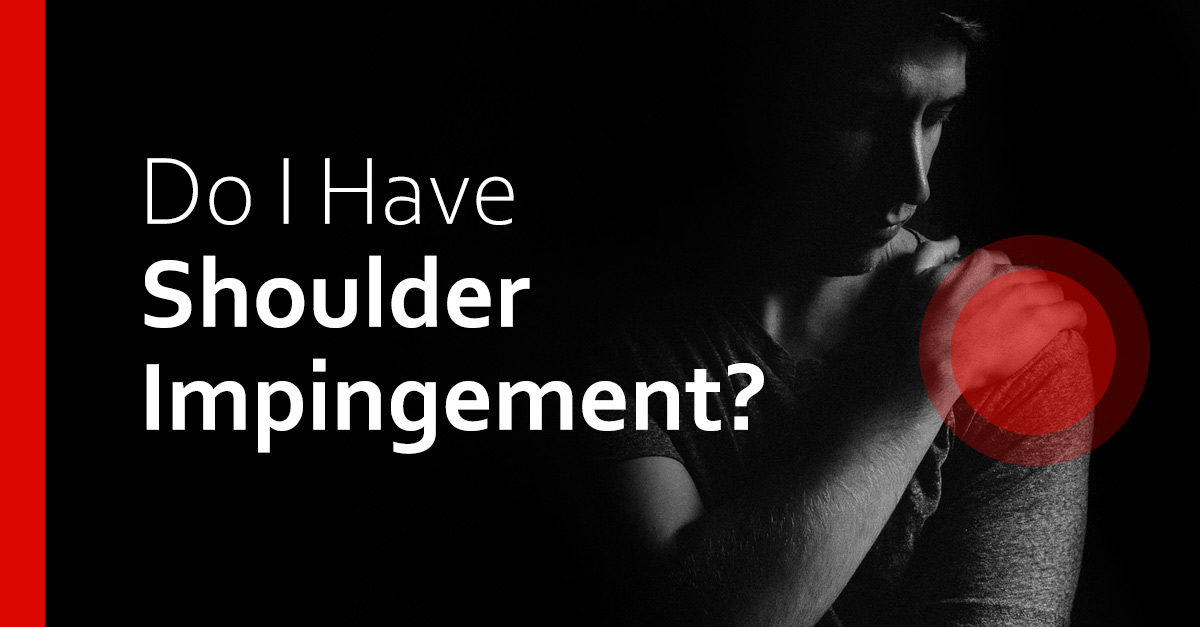Does the front of your shoulder hurt when you try to reach over your head or raise your arm from your side?
Perhaps it feels worse after lifting weights, groceries or babies over your head. Shoulder impingement is a term that has been around since the 70’s. It was thought one of the structures in the shoulder would rub on another one and this “impingement” would cause the shoulder pain.
Fast forward 50 years. Now we know that is false and not how the parts of the shoulder work. “That’s great,” you say, “but I still have shoulder pain.” The shoulder joint is fairly complex. However, we know that a majority of people’s shoulder pain comes from one of 5 sources. Mechanically, there can be an issue in the joints around the shoulder. Those joints are in the neck (source #1), the upper back (source #2), and/or the shoulder itself (source #3). That’s 3 possibilities for your pain right there! The fourth source can come from soft-tissue, fancy term for anything that isn’t bone. This soft-tissue needs exercised a certain way to make it stop hurting. The fifth source, which is very rare, are those outlier things like change in diet, infection, or abduction by aliens.
“So then what? How do I know which is causing my shoulder to hurt?”
We want to know the details about your shoulder, and then from there, we make sure we rule out each of those five possibilities one by one. Once we know what is causing the shoulder pain, we know how to treat it. Treatment will consist of you performing one or two exercises; dry needling, Active Release Technique (A.R.T.), or instrument assisted soft-tissue mobilization (IASTM) to help calm down the sore muscles; and chiropractic adjustments to the joints in the spine.
As you progress, your activities that were previously painful will get better and cause you less discomfort! Most shoulder pain will resolve in 6-10 visits getting you back to performing at your best.
https://www.morthoj.org/2019/v13n3/impingement-syndrome.pdf
Other terms for shoulder pain:
SLAP tear
Rotator cuff tear
Rotator cuff tendonitis
Shoulder impingement
Bicep tendonitis
Labral tear

